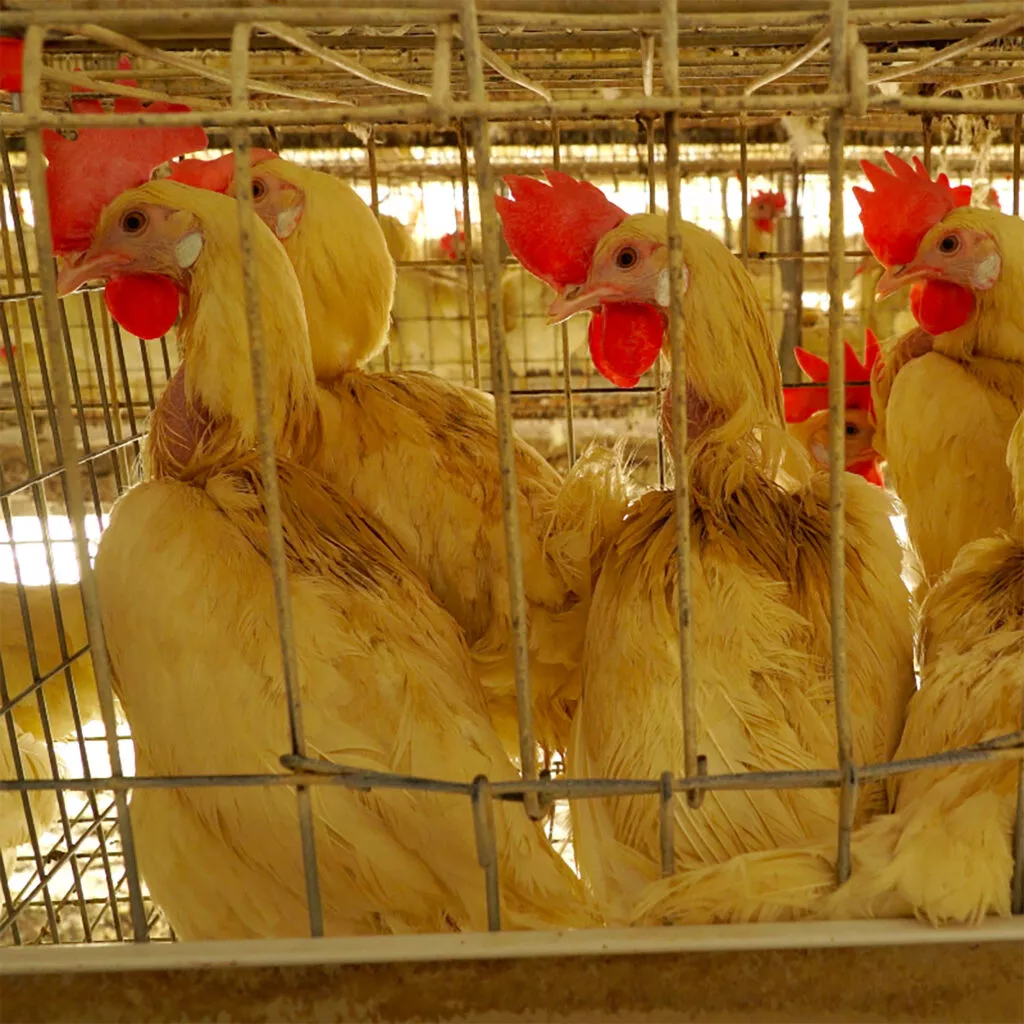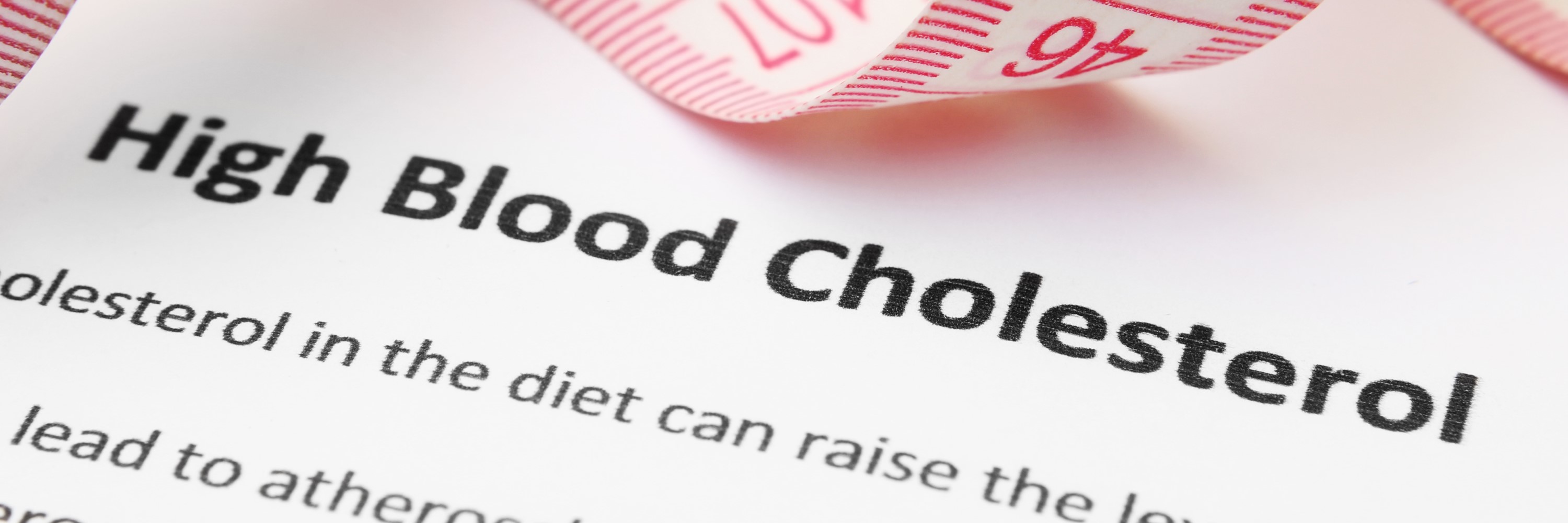
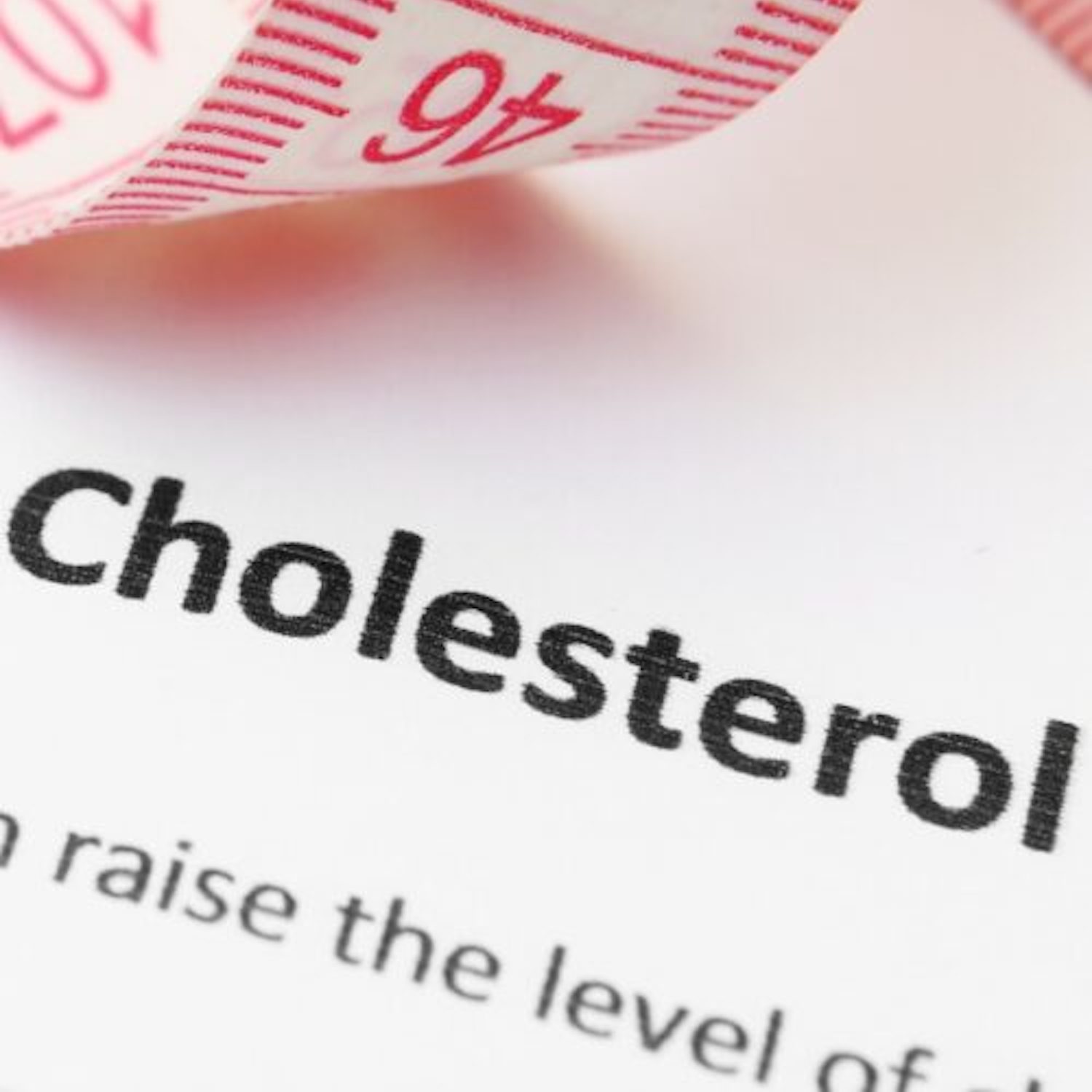
Lowering cholesterol with plant-based diet
What is cholesterol?
Cholesterol is an organic molecule produced by the liver that makes up the cell membranes and produces hormones. This waxy sterol is already present in our bodies, which is why we do not need to intake it through food.
Optimum cholesterol levels
Made up of high-density lipoprotein (HDL) or good cholesterol and low-density lipoprotein (LDL) or bad cholesterol, research suggests that the optimum blood cholesterol level should be maintained at <150 mg/dL. If the amount of LDL is >190 mg/dl, cholesterol is considered to be high. Accordingly, the consumption of >200 mg of cholesterol can increase the risk of heart diseases. It is important to note that cholesterol is found mainly in animal products, as plant-based foods do not contain any. Here’s a comparison between foods that increase and lower cholesterol so you know what to avoid.
Foods that increase cholesterol
According to research, animal foods, such as meat, eggs and milk, and processed foods contain very little fibre and a high amount of saturated and trans fats and cholesterol, which further increase the levels of cholesterol in the body. Excessive consumption of animal products is linked with an increased risk of heart disease and lifestyle problems. As reported, 1 cup of whole milk and 1 cup of yogurt contain 33 mg and 29 mg of cholesterol, respectively. Furthermore, 1 ounce of cheddar cheese contains 30 mg cholesterol, whereas 1 spoon of butter has 11 mg cholesterol. Surprisingly, an egg contains up to 212 mg cholesterol, and 100 gm of meat has 50–100 mg cholesterol, with meat liver containing more than 355 mg of it, which is a dangerously high amount of cholesterol.
Studies have shown that people at a risk of heart diseases who continue to consume animal products can develop heart problems over the long term, whereas those who switch to plant-based diet have a better chance of reversing the ill effects of cholesterol.
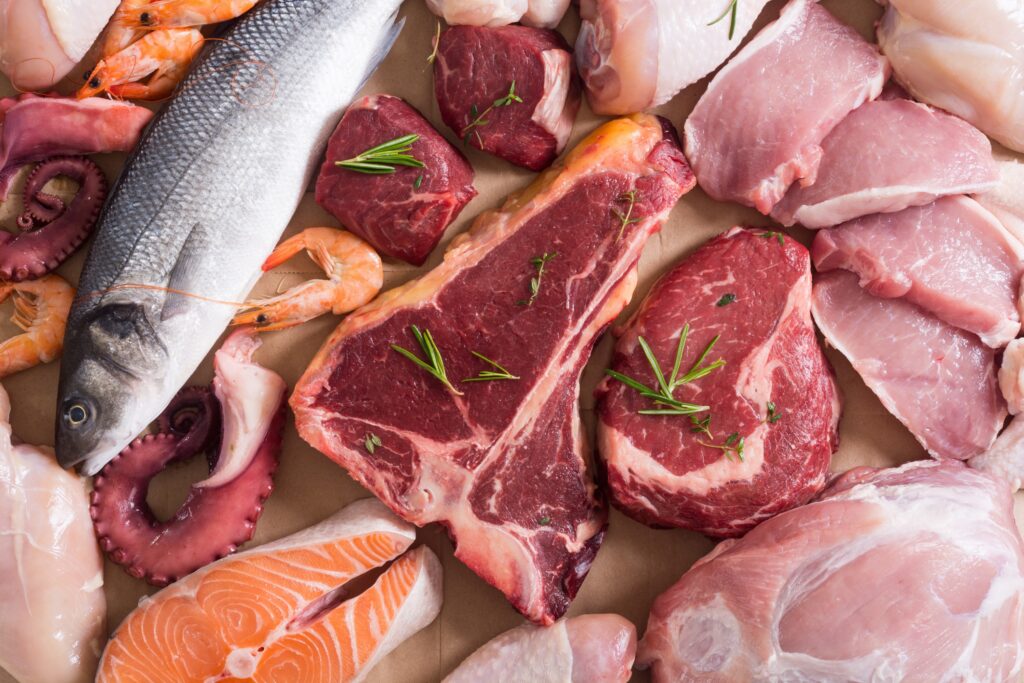
Foods that decrease cholesterol
Avoiding meat and animal products and shifting to a plant-based diet can help people drastically decrease their cholesterol levels. Consuming plant products, such as nuts, beans, fruits and vegetables, decreases cholesterol in the body because they have low saturated fat and no cholesterol. Moreover, plants and plant-based products contain soluble fibre, which further helps reduce cholesterol by gradually absorbing existing cholesterol and reducing cholesterol production by the liver. Studies have revealed that plant-based diets effectively decrease cholesterol levels and prevent the risk of heart conditions. Plant-based diets have been reported to reduce LDL levels by 15%–30%.
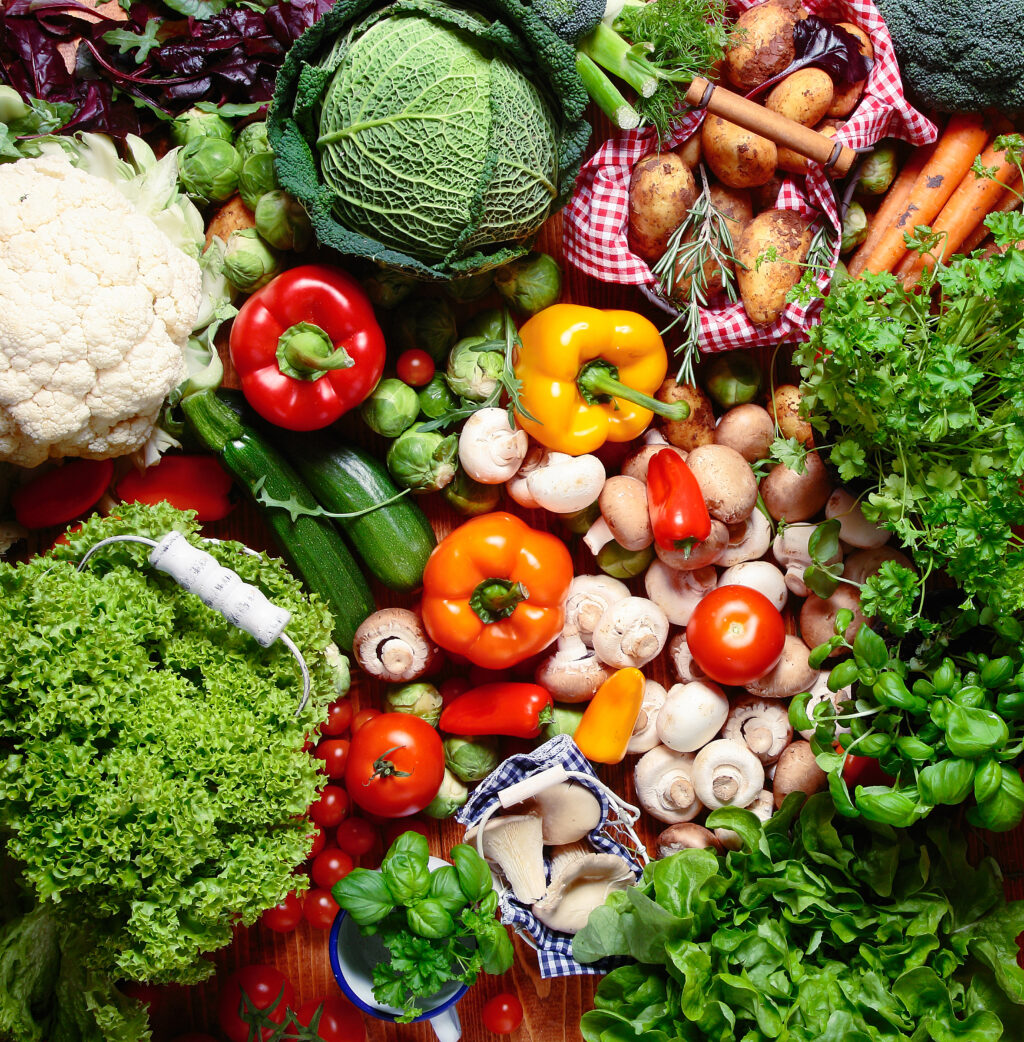
Foods such as oats, beans, soy protein, tofu, barley, nuts, wheat germ, bran, vegetables and fruits contain soluble fibre and phytosterols. These phytosterols compete with cholesterol and get absorbed into the bloodstream. Studies have shown that consuming phytosterols in optimum quantities can reduce total cholesterol levels by approximately 10% and LDL cholesterol by 14%.Therefore, it is evident that switching to a plant-based diet can not only help reduce your cholesterol but also help you live a healthy and more compassionate life. To explore plant-based diet options, click here.
Most Popular

